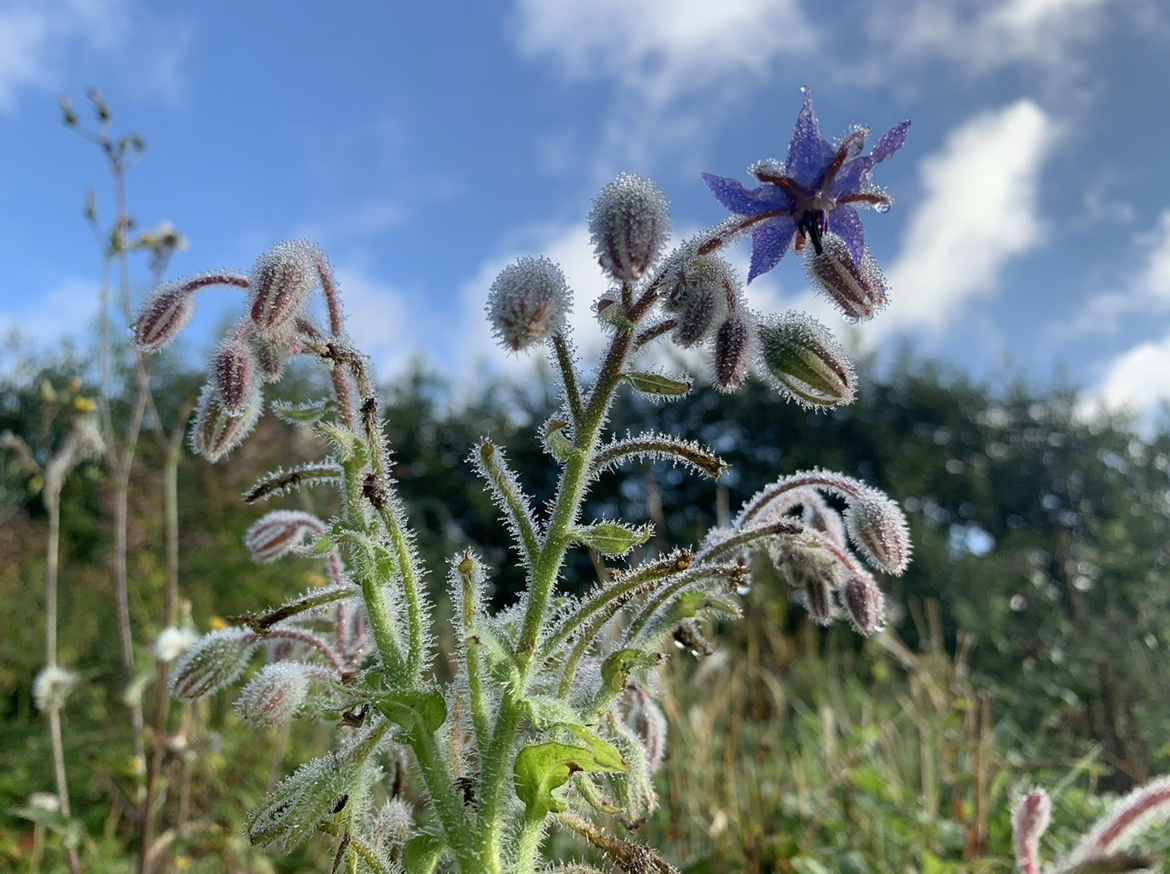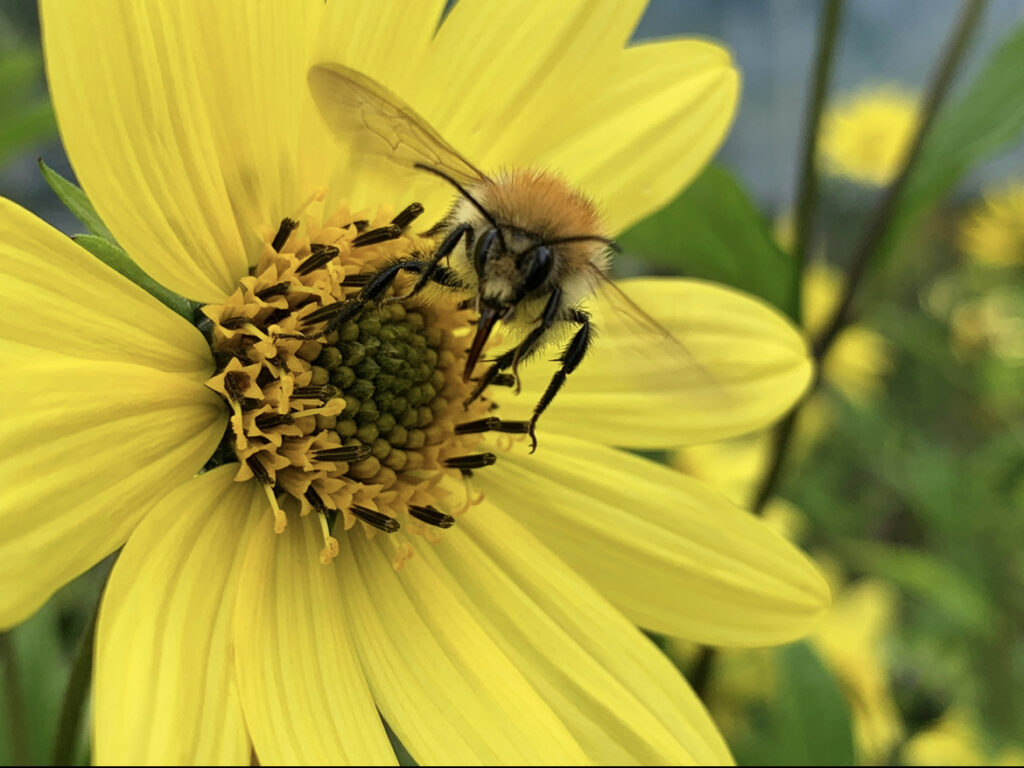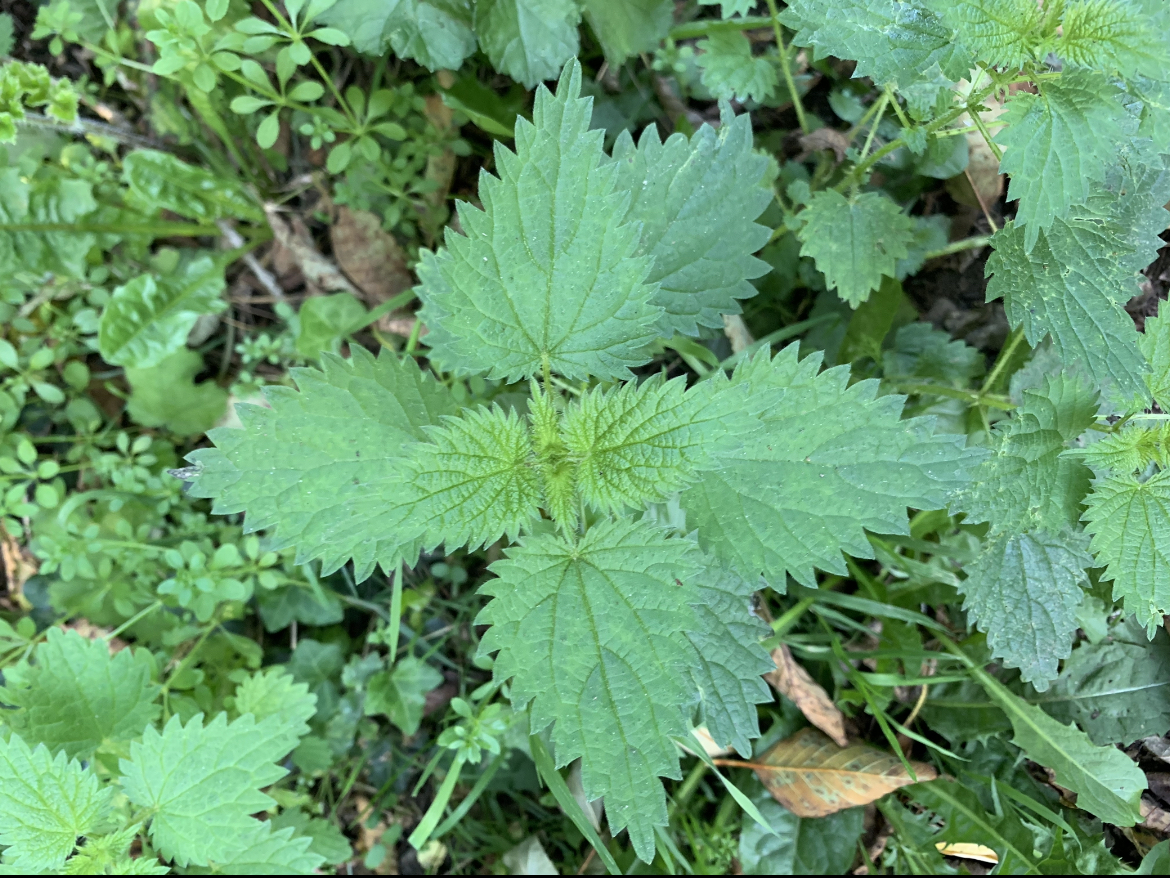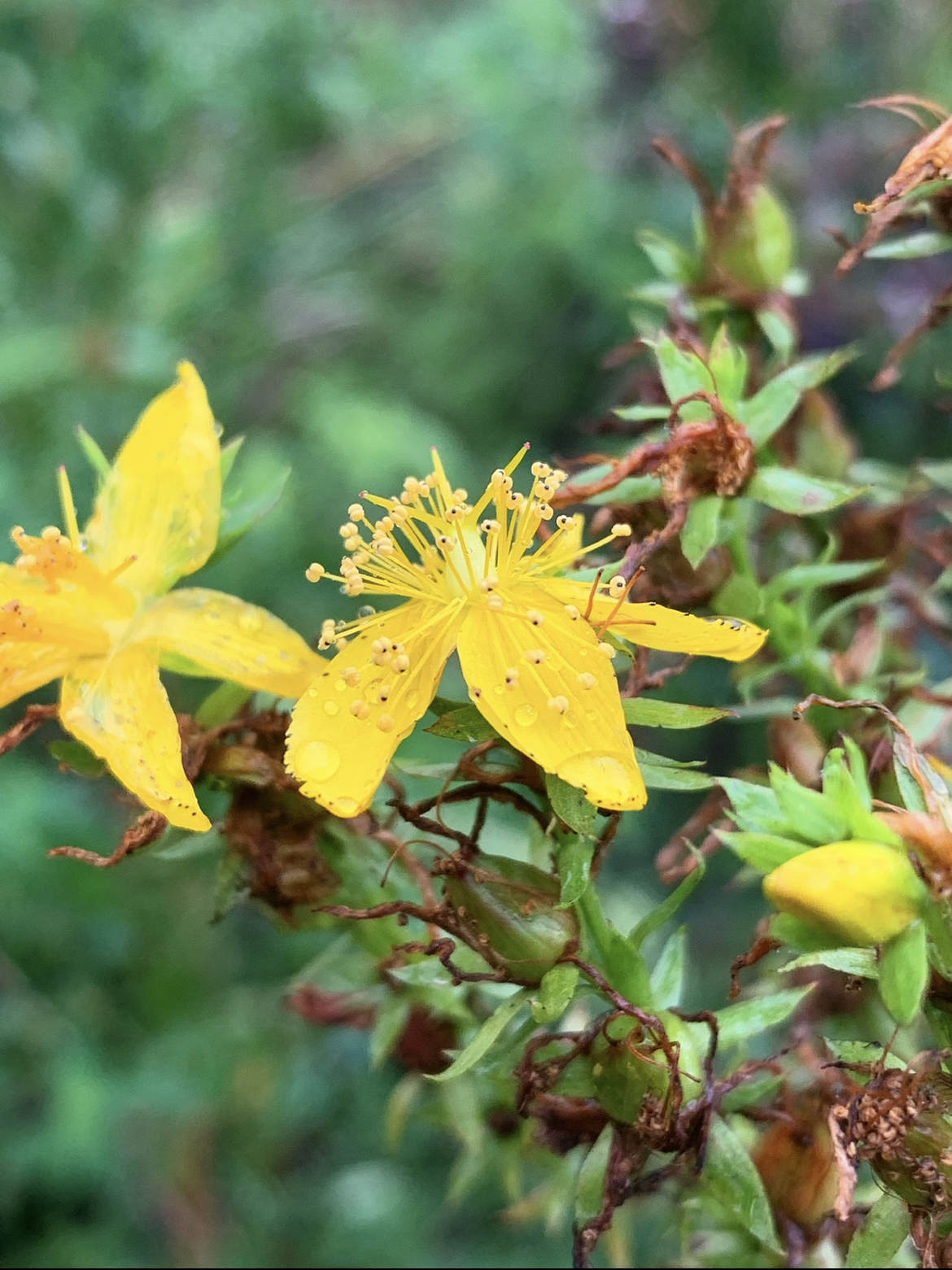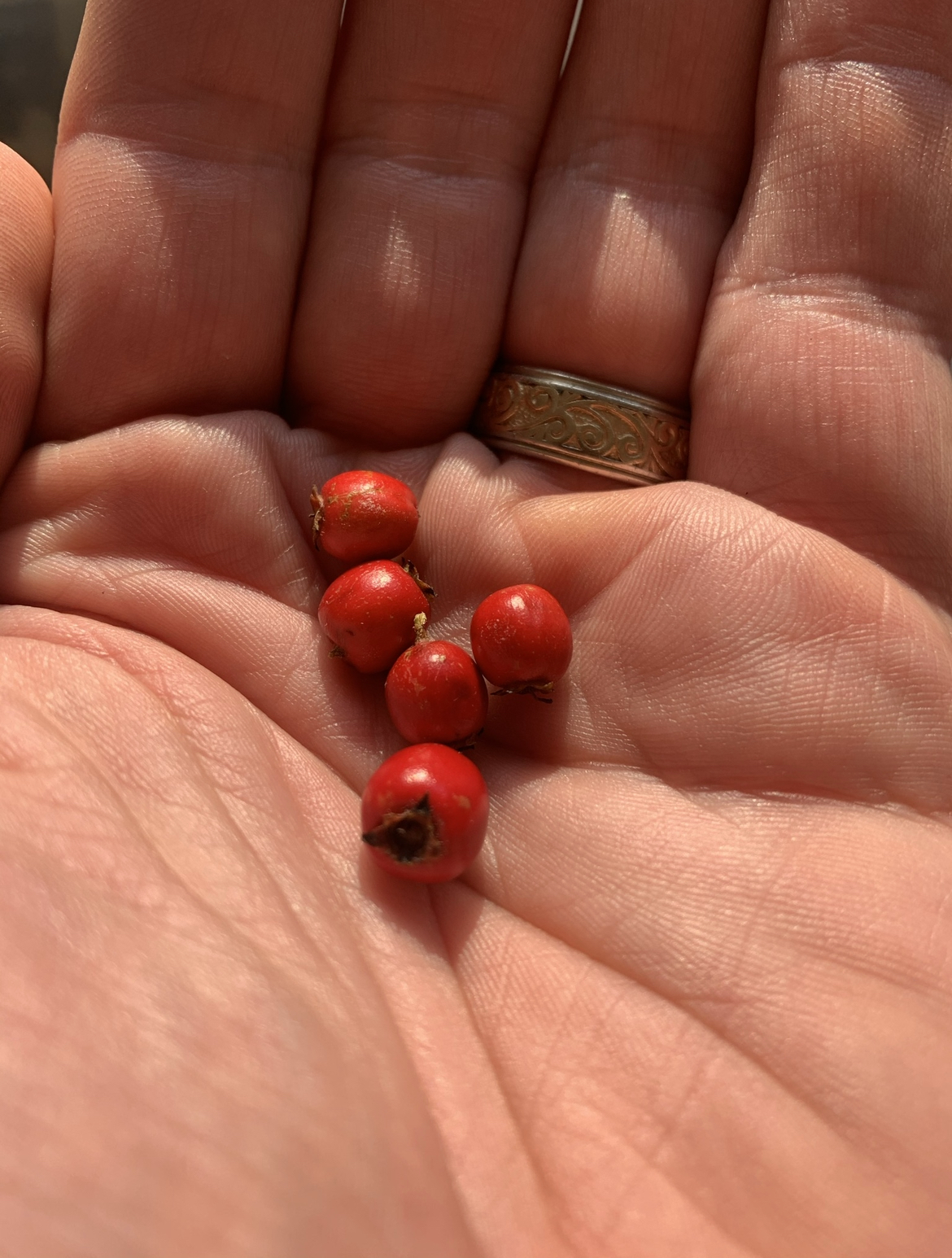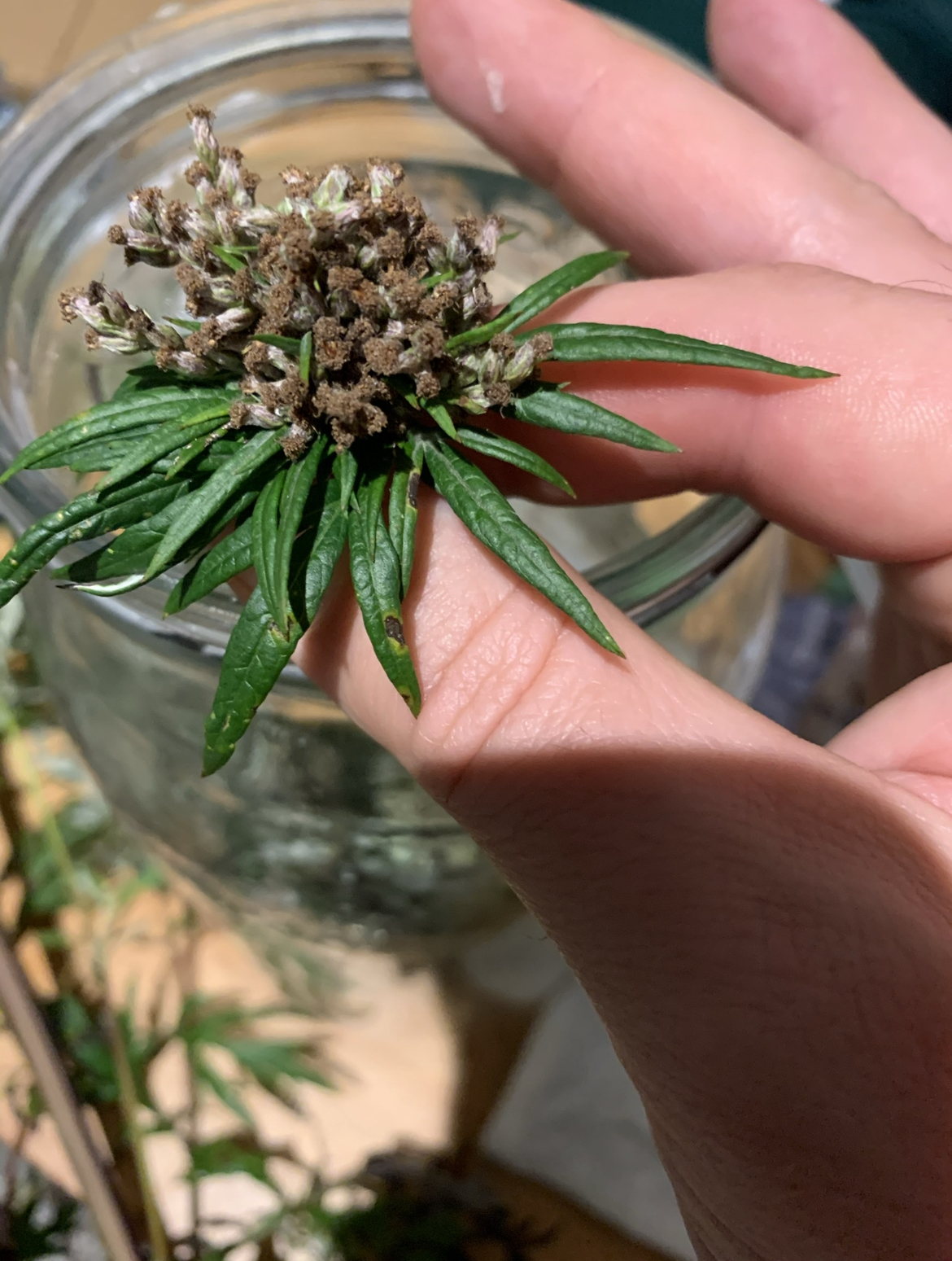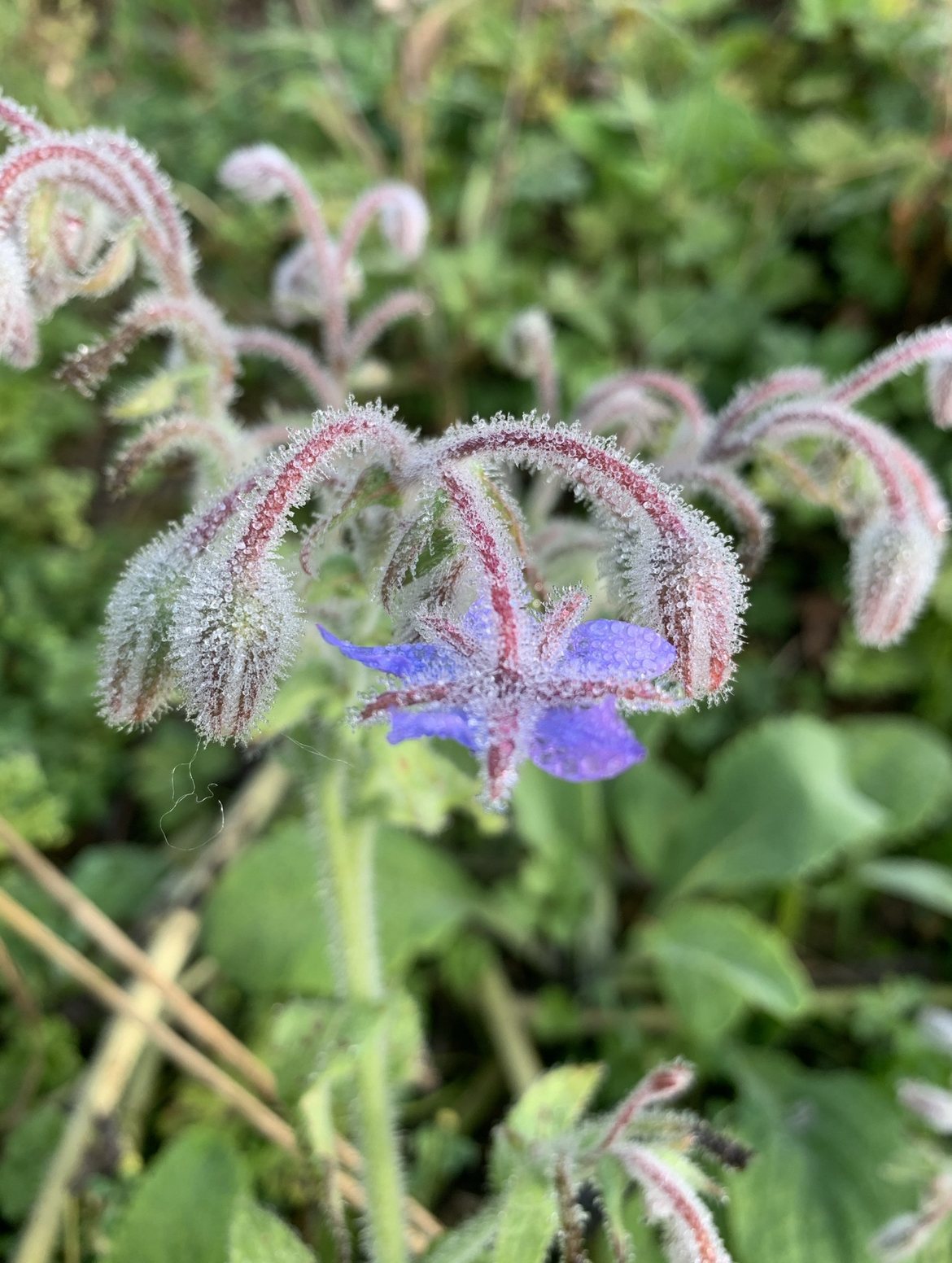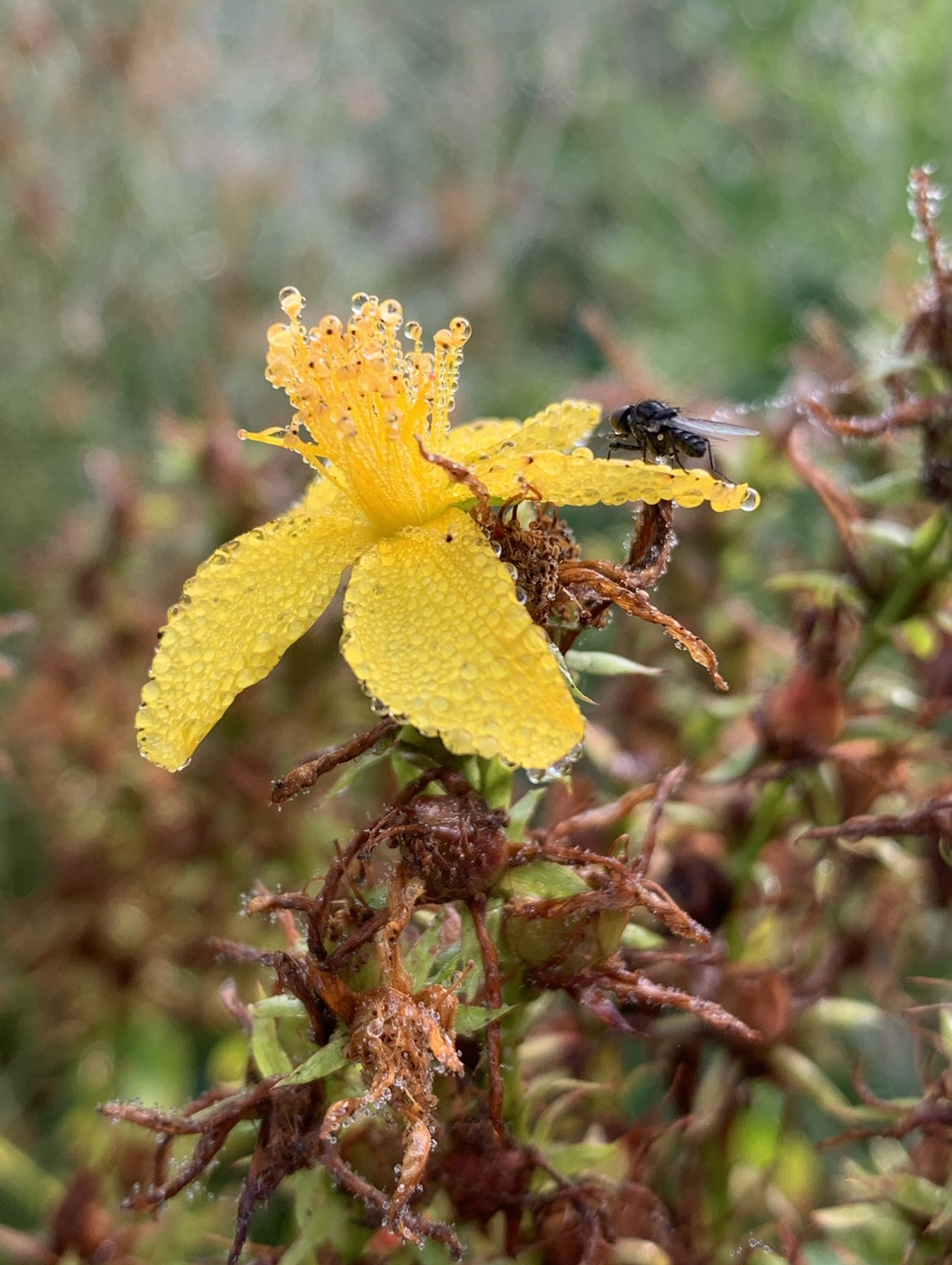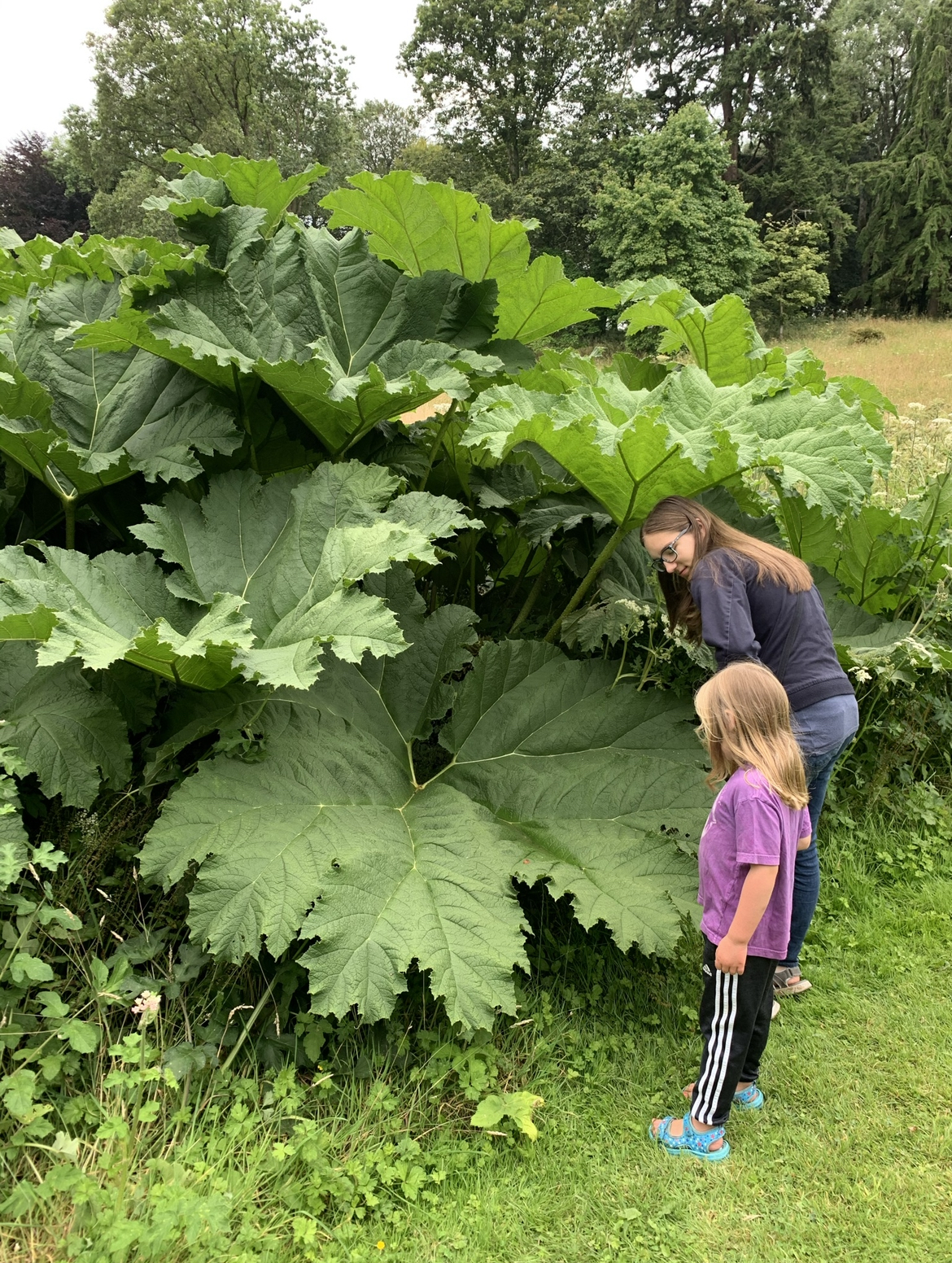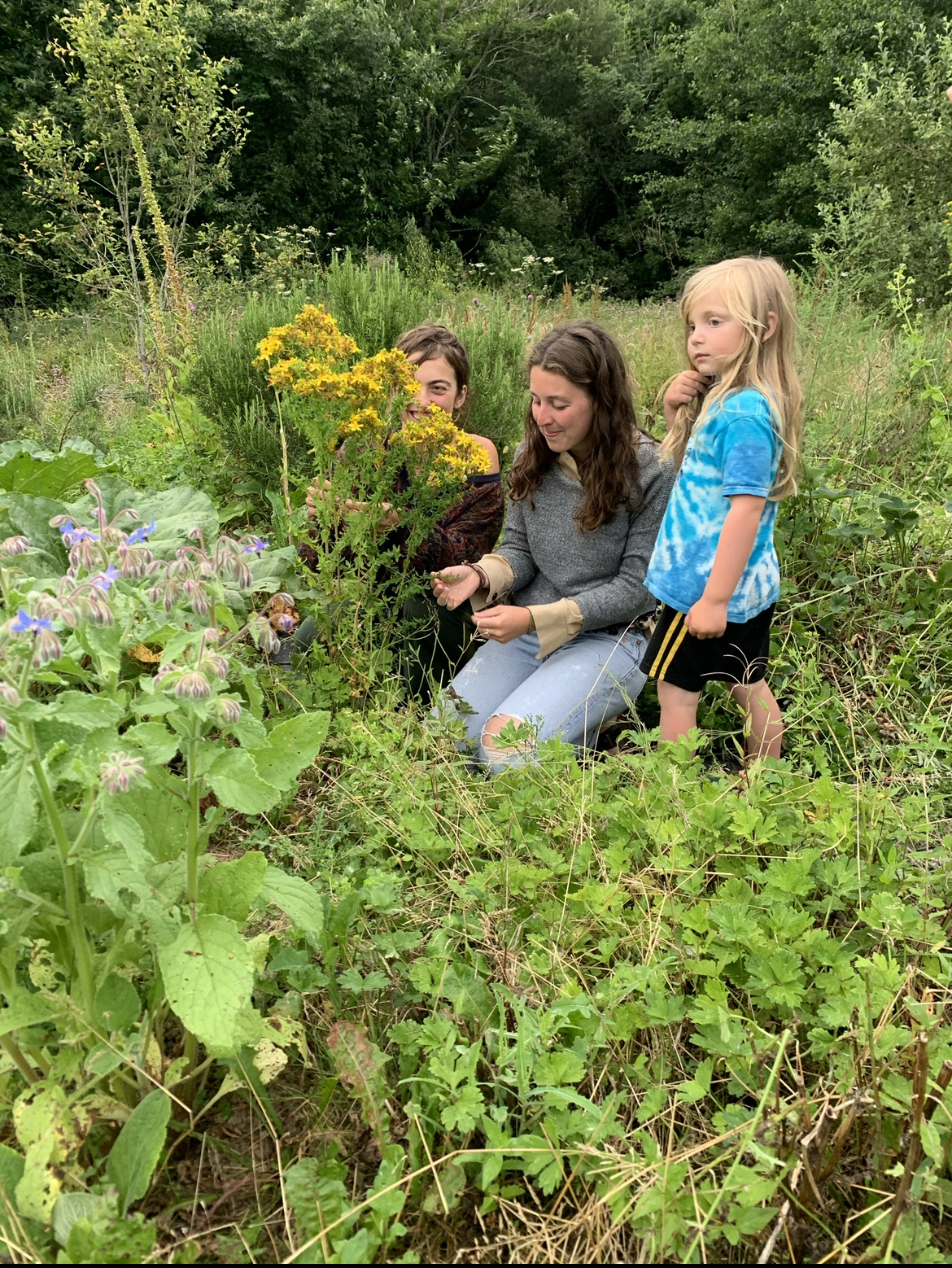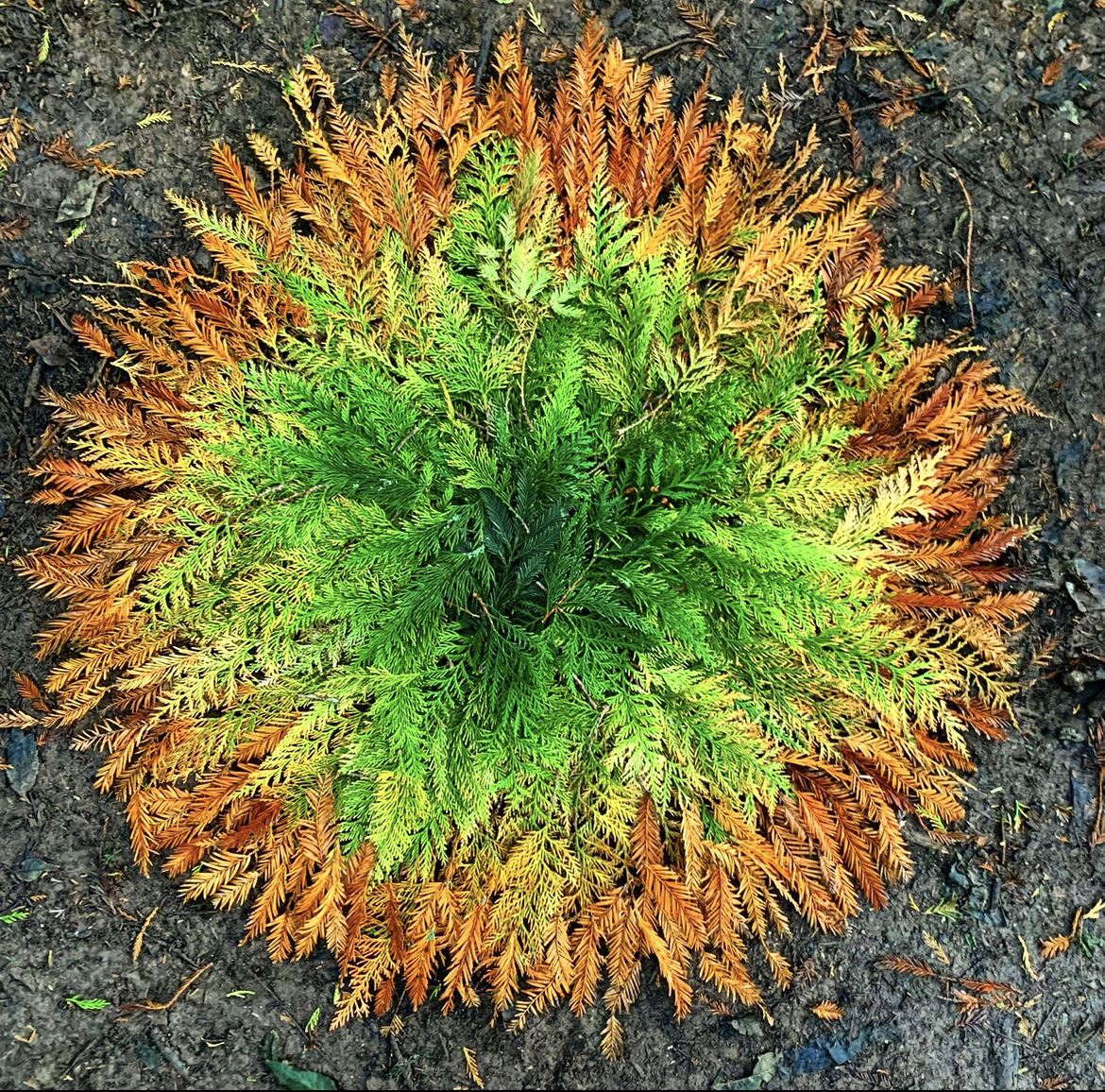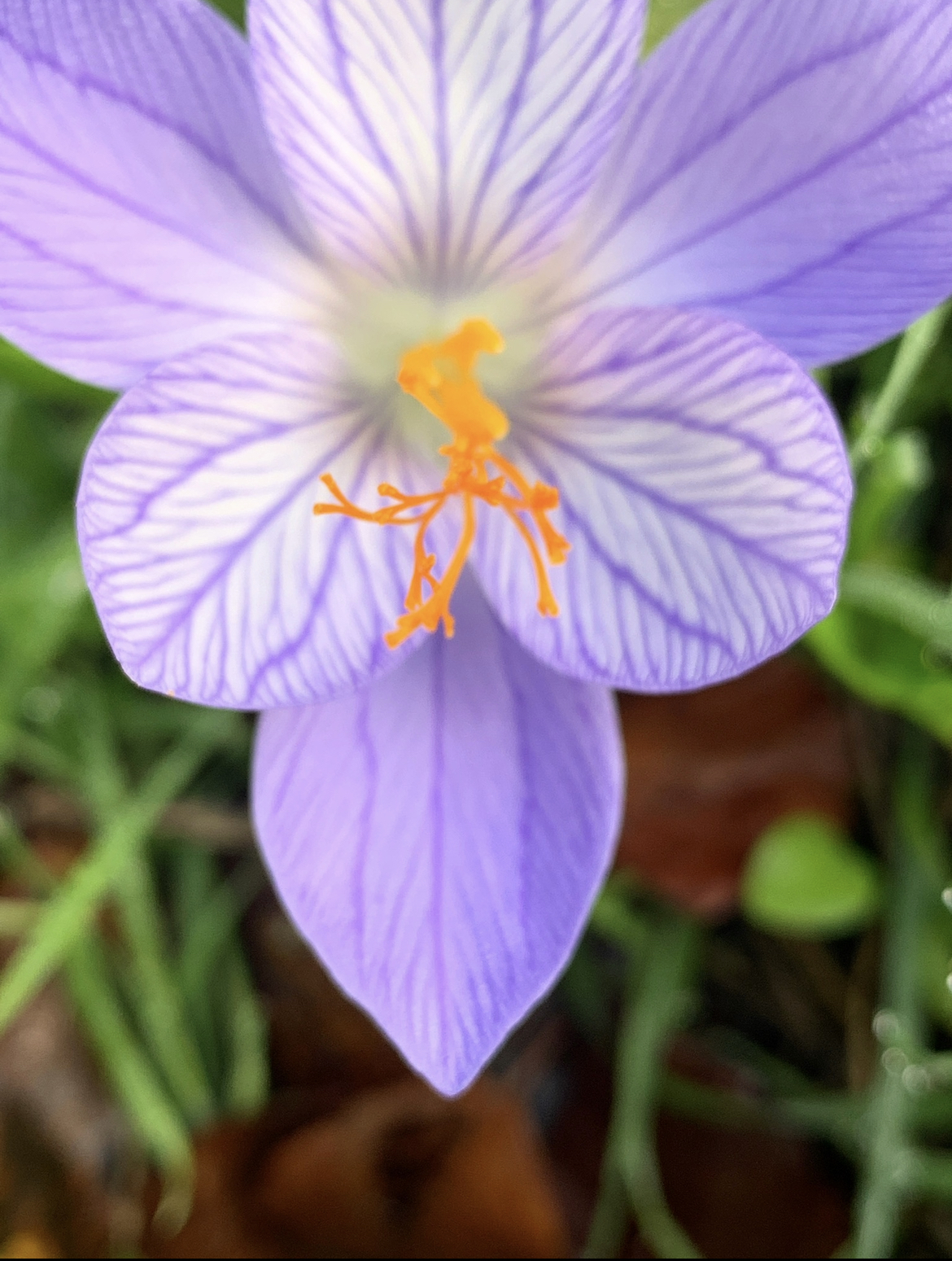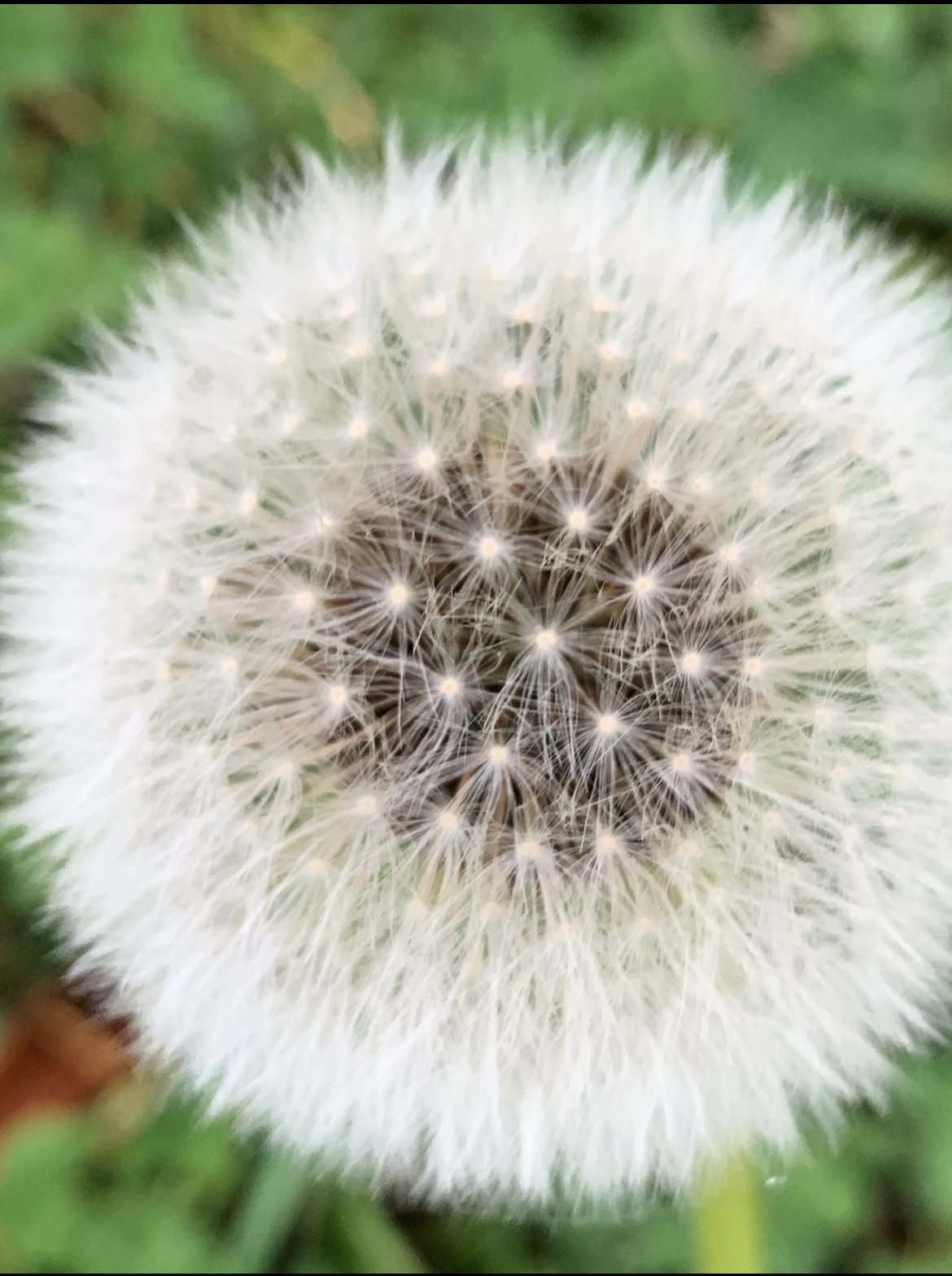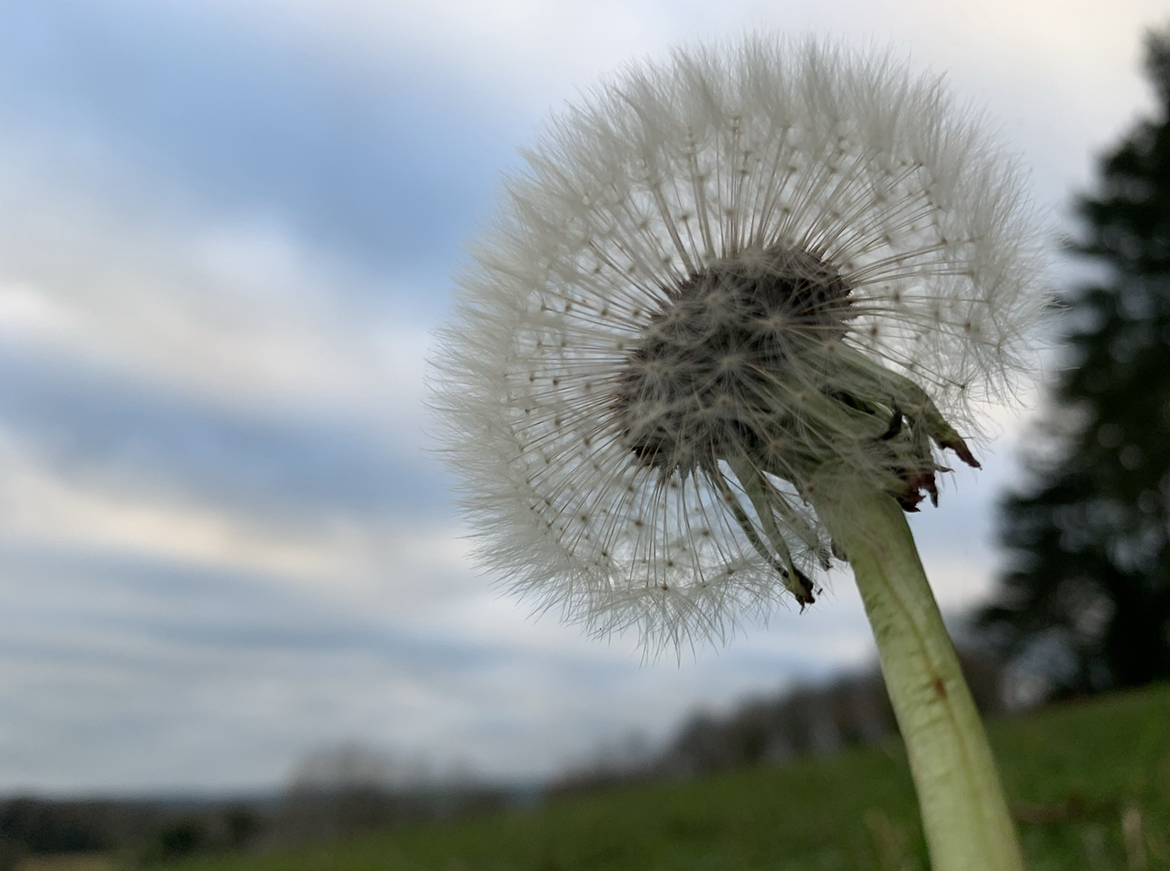
Networking with Plants in the Anthropocene aims to create and offer tools, content, and methods for transdisciplinary and transgenerational environmental education engaging with the Vegetal Turn that is international but locally grounded. The network collaborates to advance outreach and education for the general public through books, conferences, videos, podcasts, and other educational materials, both online and in person. Networking with Plants in the Anthropocene is built on a foundation that is respectful of Indigenous and local botanical knowledges, contemporary scientific discoveries, and world philosophies and literatures. We support generative ways to cultivate educational pathways through art, stories, songs, ceremonies, and individual experiences as well as opportunities for collaborative action.
We welcome your support for the goals of better understanding plants and aligning human behavior with plants in more ethical and respectful ways. For more information or to join in this initiative, please contact us: [email protected]
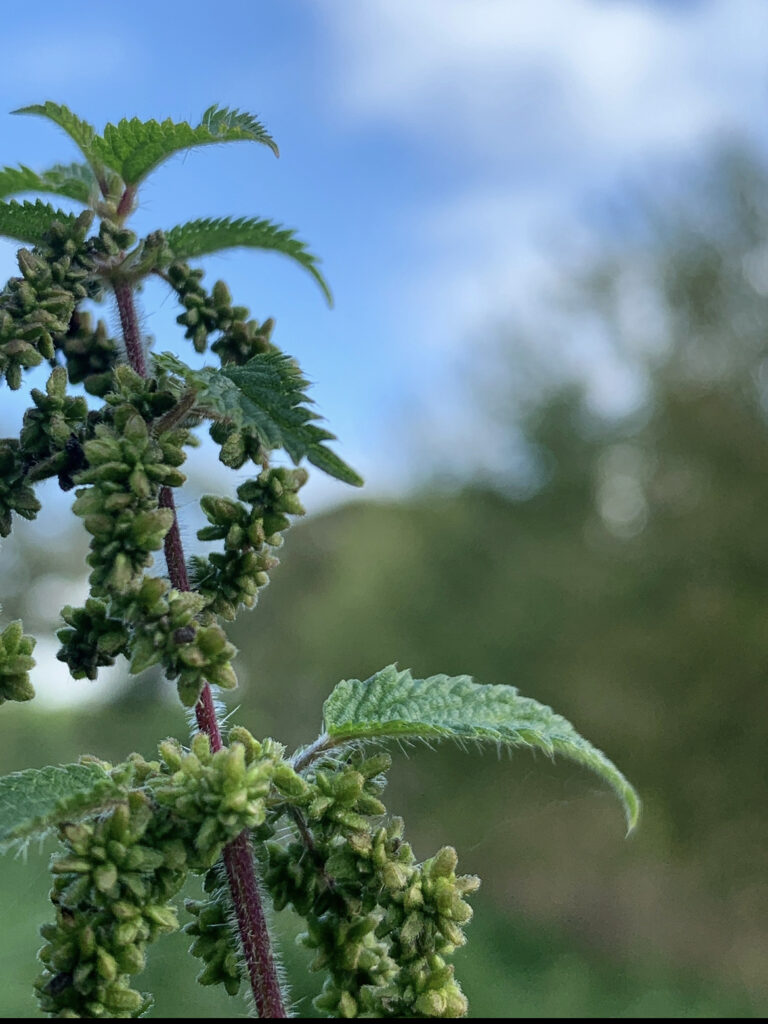


What actions are now needed?
We believe that the current challenges of the Anthropocene offer a compelling and urgent opportunity to advance a movement for thinking and engaging differently with plants as well as for increased allyship and exchange between researchers, practitioners, educators, and activists. Networking with Plants in the Anthropocene is a newly created network for those involved in research, education, and advocacy for human-plant relationships of care and reciprocity, and a collaboration between the Consortium of Environmental Philosophers, The Plant Initiative, the Literary and Cultural Plant Studies Network, the Eternal Forest project, and other groups. We invite connections with additional existing and incipient networks and communities concerned with plants and ethical plant-human relationships to carry out multidisciplinary projects. Such a “polyculture of ideas” will bring together Indigenous and non-Indigenous science, literature, philosophy, poetry, art, anthropology, education, botany, and environmental activism.
